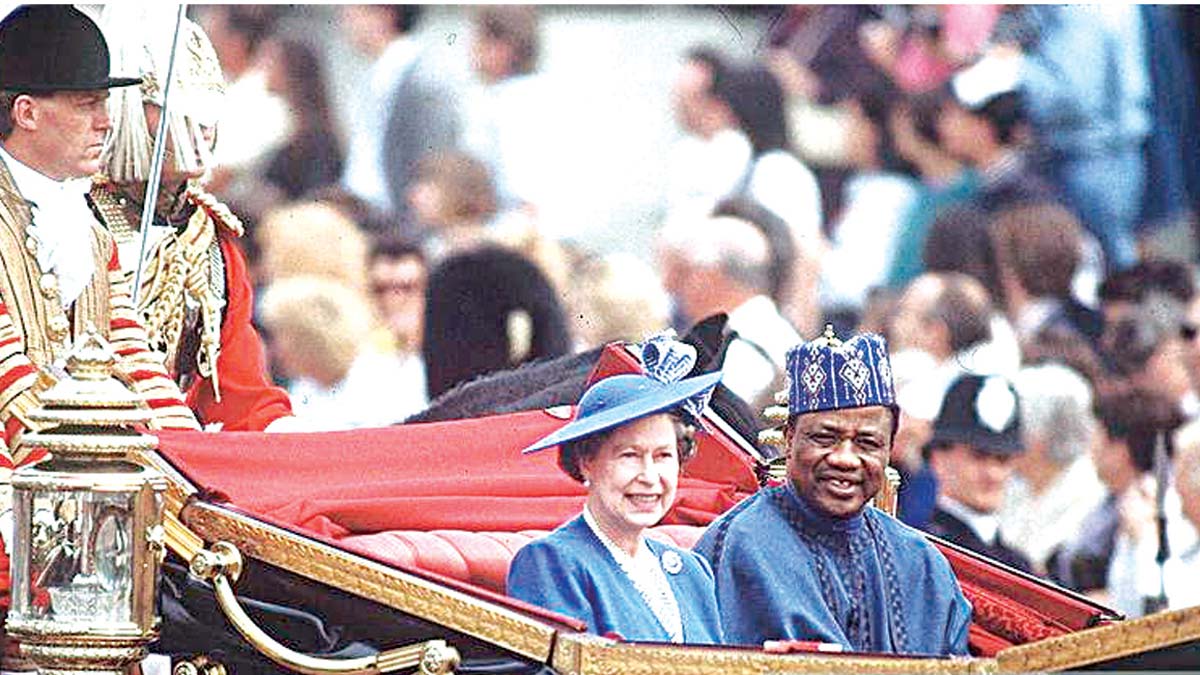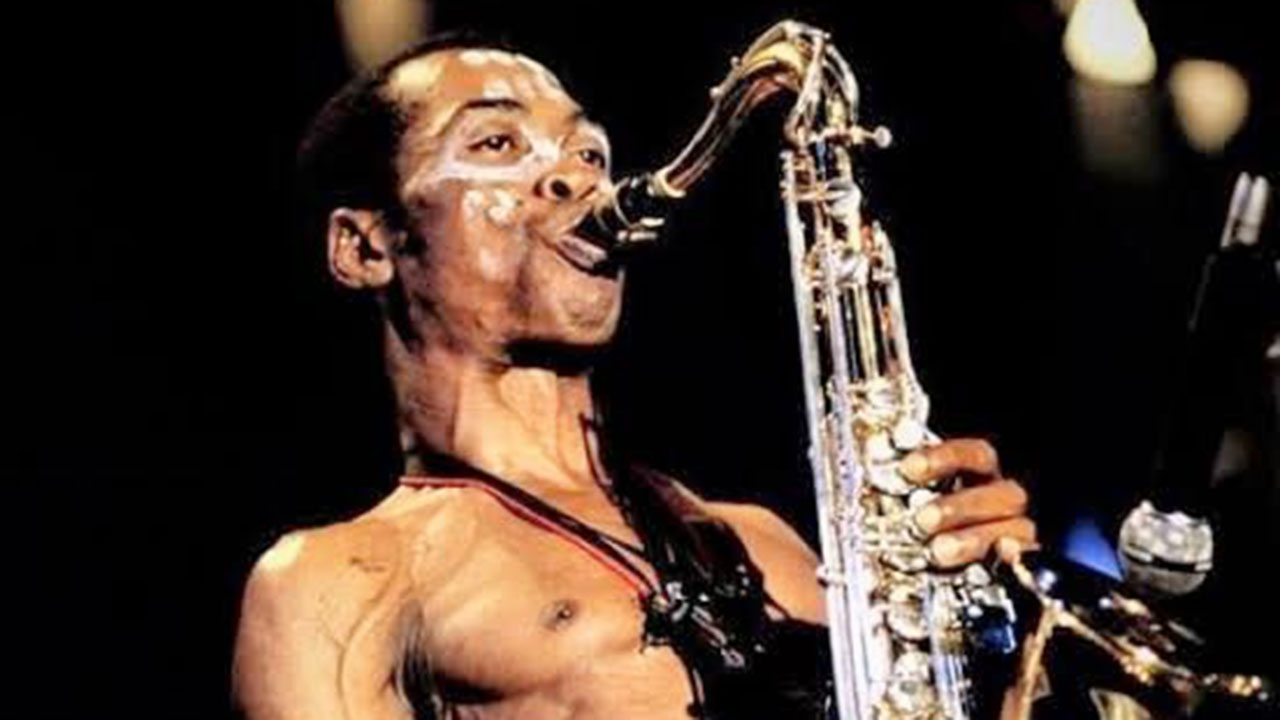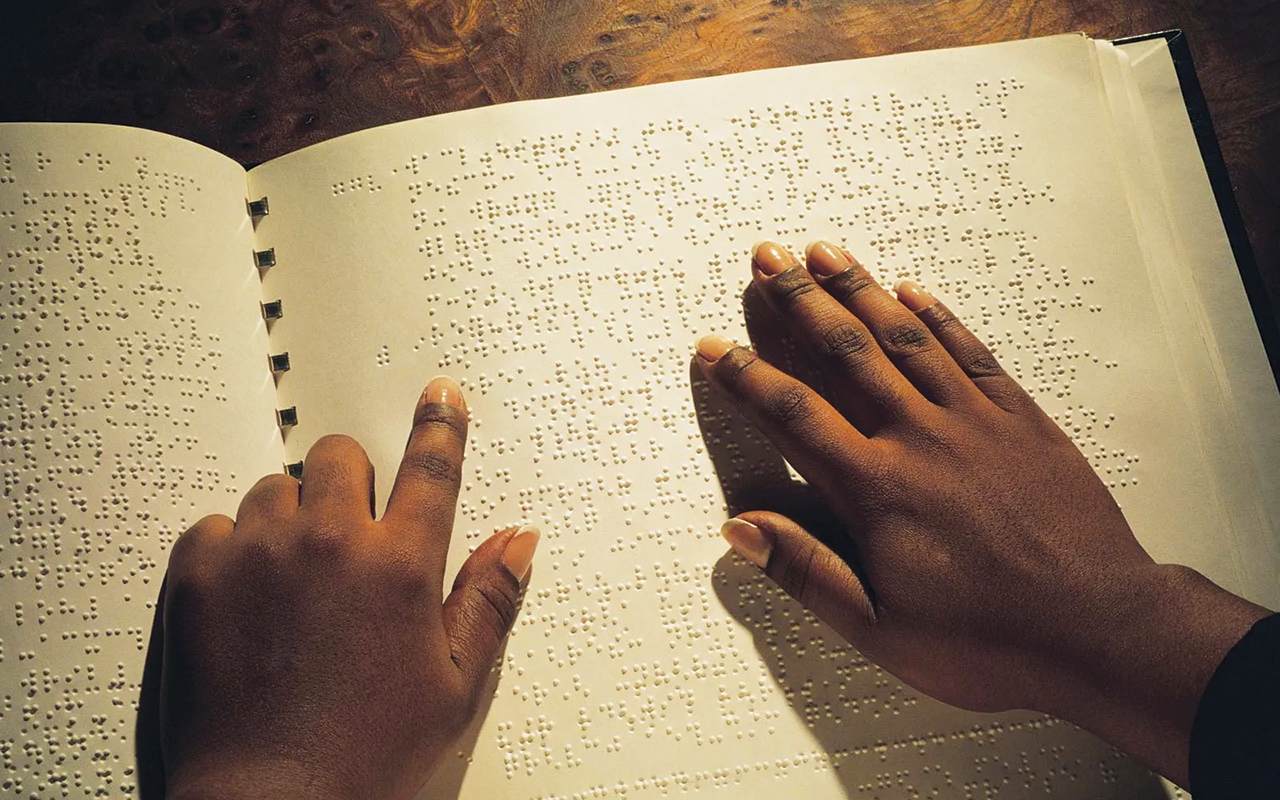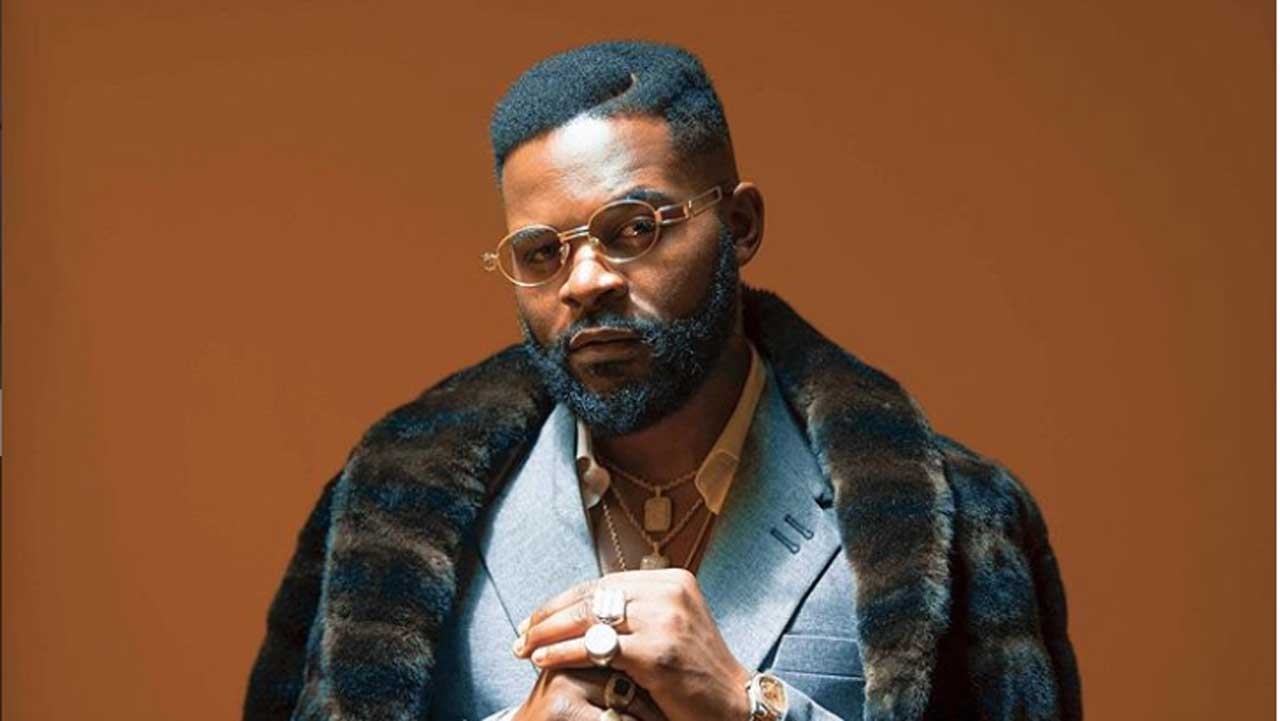
Mostly known for his work in cinema, his working experience includes many years as head of production at BEN TV, U.K.’s first African-Caribbean satellite TV channel, where he led the production department to many award winning projects. His TV production work encompassed cutting edge magazine shows, current affairs and continuous drama shows.
It was during his time at BEN TV that Emelonye established The Nollywood Factory, a full service international entertainment production company with offices in the U.K. and Nigeria. In the last decade, the outfit has built up extensive experience in film, television, music promo and even stage productions.
A graduate of Theatre Arts from the University of Nigeria, Nsukka, with a Law degree from the University of Wolverhampton, Emelonye has secured international distribution for most of his films and set himself apart as a truly international commercial filmmaker. He has been profiled by CNN as ‘the future of Nollywood’ in a series of interviews, including the iconic African Voices programme in September 2012.
This year, Emelonye has embarked on a new film project that will see him unearthing the ‘darkest’ life of a quintessential but controversial Nigerian leader, Gen. Ibrahim Badamasi Babangida (rtd), in a movie titled Badamasi: Portrait of a General. The movie, which will premiere on October 1, will critically and antagonistically look at the life of the man, who ruled Nigeria from August 1985 to August 1993 when he was forced to step aside.
Shaped to be hard-hitting, controversial but historically factual in its treatment of Babangida’s rise from obscurity, as an orphan, to the zenith of Nigerian military power, the film, according to Emelonye, will be unafraid in touching raw-nerves and being boldly revealing, with the ultimate aim of giving the viewers unprecedented access into IBB’s role in some of the most defining and controversial moments of Nigeria’s journey to nationhood. It will also cover the Nigerian civil war, the many coups of the 1970s and 1980s, particularly the Dimka coup and the bloodbath in the Gideon Orkar coup, and then the June 12 annulment.
According to Emelonye, “I’ve been telling African stories and trying to take them to the world through my films and we’ve enjoyed some level of success in the past few years. Increasingly, as I grow older as a man and wiser as a filmmaker, there’s this hunger to try and be a bit more responsible with my filmmaking. So, as much as people want an escape from the horrors of daily living, as much as people want to laugh and smile and enjoy watching fantasy on television and cinemas, the time has come for Nigerians to start telling our stories.”
Though the actual production of the movie commenced this year, the journey to making Badamasi started in 2012 after Emelonye watched the Mandela film, where Idris Elba, a Ghanaian, played the role of Nelson Mandela.
“As I watched it, I felt proud to be an African,” Emelonye stated. “I felt proud that an African film celebrating an African is being enjoyed by the world and being touted for international awards. I felt that, as Nigerians, we have a lot of historical figures – some dead and some alive – who have been immortalised in books, but with the advent of Nollywood and the magic that we are doing with telling stories from nothing, that we haven’t been able to replicate the celebration and projection of these national figures on the big screen for the world to see.”
As somebody born during the Nigerian Civil War in 1967, the first port of call for the filmmaker, if he were to go by raw emotions, would have been to tell a story about the war, but somehow Emelonye resisted that. To him, a story of the Civil War can really be told with authentic attitude that it deserves in a few years from now. From there, focus shifted to the litany of great and sometimes controversial Nigerians that have ruled the country.
“I had to evaluate each of them based on four principles,” he noted. “One was historical relevance. What was their contribution to nation building? Secondly, I had to look at the lessons to learn from these characters. I had to look at the inspirational quality of the stories around these people. And as a filmmaker and one who is interested in drama, special effects and all the things that make cinema, I had to look at the person whose story would lend itself easily to cinematography.”
In trying to make that consideration, Emelonye looked at people like Major General Yakubu Gowon, who was Head of State during the war, Chief Olusegun Obasanjo, who had the honour of ruling Nigeria twice, President Muhammadu Buhari and former Head of State, Ibrahim Badamasi Babangida, who was Head of State between 1985 and 1993.
“On all those I listed above, I settled for IBB. I know that a lot of books have been written about the man, some of which I’ve read. I know that a lot of the things that happened during his reign have been subjects of public debate up till now. I started the process of researching the role and putting down ideas on how to tell the story of this orphan from Niger State, who rose to become one of the most powerful people in Nigerian history.”
TO be able to use his name in a movie, Emelonye had to reach out to IBB for his permission and possibly get his input, which he said was very difficult. For sure, getting access to one of the most powerful Nigerians, an ex-military general and ex-president, who shrouds himself in the highest level of secrecy and privacy, was never going to be an easy task.
“It was difficult,” he noted, “but with persistence and a little bit of strategic thinking, I was able to meet with him. I said to him, ‘I’m making a film and it’s called Badamasi. It’s meant to be very objective, almost critical, almost antagonistic view of the man that ruled Nigeria, who was famously called ‘Maradona.’ I think that story will be incomplete without his input, without him being able to answer those questions that have bugged Nigerians all these years.”
He continued: “Graciously he said, ‘maybe it’s time to speak.’ Over a three-week period, I had midnight interviews with him where I posed every single question that I found online regarding that era, his background and some of those really controversial decisions made under his watch.”
Some of the key incidents covered in the interview included the protracted, truncated transmission programme, June 12 annulment, the coups and other things that happened at that period. And for the first time, IBB was willing to present his own perspective on the issues.
“He delved into this emotional account of all the things that happened and his part in them: who said what, who did what. It was really emotional that sometime, we had to take a break for him to gather himself. I think what I saw in those very intimate accounts were a resolve to speak the truth. Up until this time, he had maintained what I call a very noble silence considering the matter. As a statesman, he has to,” he said.
However, with what is essentially his last opportunity to set the records straight, IBB jumped at the offer. “The result is what I call a mouthwatering, reveling, almost salacious account of the intricacies, maneuverings, schemings, plots and counter-plots that went on between 1941 when he was born till 1993 and when he decided to leave on the exact eight anniversary of his coming to power,” he said.
Armed with these information from IBB, Emelonye went back and started incorporating some of these personal insights that IBB has provided into the stories that already exist in the public domain.
“I consider it a real honour that he would allow me to use his name to tell this story. This responsibility that has imbued on me to take on this very nationally relevant and important story is one that I respect very much; one that I would approach with every sense of responsibility and gratitude. I will give my all to tell a story that is befitting of Nigerians, that is befitting of this man, who has divided public opinion from when he surfaced on our public life, even now when he’s a retired old man living quietly in his village in Niger State.”
MEANWHILE, when newS about the film project filtered in, many described it as another public relations job for the retired general, who just returned from medical treatment abroad. But for the filmmaker, it’s about documenting a part of our history as a nation.
“Like I said, it’s not a PR offensive for Babangida,” Emelonye said. “I’m a filmmaker, not a politician. I’m not a historian, but I have to wear a historical hat in trying to tell this story, which makes it really factually correct. Additionally, we’ve had the input of the man himself; so, what we get is a subtext of the title, an intimate portrait of a general, who is a statesman and a dictator hybrid that he’s been often called.”
To Emelonye, the time has come for African filmmakers to tell the African stories to the world.“We are beginning to take up the mantle of telling our own stories, instead of waiting for the west to come and tell our stories like they did with Idi Amin of Uganda, which became a parody and mockery or as they did with Mandela, which loses the authenticity and the local, historical relevance because they were trying to make those films more palatable for western audiences.
He continued: “This is a story of somebody who has ruled Nigeria, somebody who is flawed like all of us; somebody, who has made mistakes. I would go as far as saying that at the beginning, he meant very well, but they say ‘power corrupts and absolute power corrupts absolutely.’ It’s to show, in a manner of speaking, that the man behind the myth, include the good, the bad and the very ugly.”
As for the backlash that could come to him for taking up such a controversial project, Emelonye’s mind seems made up.“I knew I had taken on the dragon, when I decided to do this project, but it was my idea. I woke up one morning and told my wife I was going to make this movie and I told her it would not come without controversies, that it would not come with some level of risks. Probably, as an Igbo man, I will be accused of not being as patriotic as I should be. Why haven’t I told Ojukwu’s story before telling Babangida’s story? But I think as a nation, we should rise above such very divisive, ethnic considerations. So, I knew I would draw the wrath of some people, who are disposed to thinking that way.”
Determined to get the job done, he said, “If you stop to throw stones at every dog that barks at you, you will never get to your destination. I think it’s about being convinced in the authenticity and genuineness of your feelings towards what you want to do and focusing your mind on doing it. If we wait for students of history to tell this story, we will wait forever; somebody has to bite the bullet. Somebody has to say, ‘I’m going to do this,’ and that person happens to be me.”
Though not ready to give away much information from his conversation with IBB, Emelonye graciously shared a bit of the interview. “You know, before I went to see him, I had an opinion of him. In fact, I went to London in July of 1993 at the height of the June 12 protests and I nearly missed my flight. So, I saw the bulk of the Babangida regime as a young man. I saw its impact on me. At the time he ruled, the press was still the exclusive playground of very few people. But today, things have change; the press has become egalitarian.
He continued: “At that time, if the press did not like you, they could vilify you and you couldn’t do anything about it because they had all the power. And I think in a way, he was a victim as well as a perpetrator of that imbalance in the power of the press. But in seeing him and asking him these questions… you know, it’s very difficult to see these people as normal human beings – a man with a wife and children, a man who would cry because he made mistakes.”
On the June 12 annulment, Emelonye said, “There was something he told me and I will share that ahead of the film, but the bulk of the story, you have to wait for the film, unfortunately. But he told me that the night he annulled June 12, he walked into his children’s room and they were playing computer games and he told them to stop. They asked him, ‘daddy, are you okay?’ he said, ‘yes,’ but what he’s about to do would hunt him for the rest of his life. And the children said, ‘so dad, don’t do it, then.’ But he said, ‘you won’t understand.”
To the filmmaker, IBB’s biggest mistake was that he was neither a statesman nor a dictator.“I told him, ‘you wanted people to love you and at the same time you wanted to wield power.’ It was two extremes that were irreconcilable; I think he got lost in that hybrid. Most of the mistakes he made were because he wanted to be loved; at the same time, he wanted to remind people that he was a military leader with absolute powers.”
However, the complexity of the man IBB, according to Emelonye, was unraveled in front of him, as he watched the frail but very charming old man, with the smiles that exposes his trademark gap tooth.
“It was surreal sitting in front of him in the middle of the night, talking about all the things that I saw and read in the papers as a young man. But it was a really revealing insight into what particularly transpired in the later days of his reign,” he said.
For the record, IBB is also a victim of the Nigerian Civil War, where he got a bullet that he’s still carrying, the reason for his medical condition today.
“He’s still carrying a bullet that is depressing a nerve next to his brain and it’s affecting his mobility. So, it was really a no-holds-barred discussion and it wasn’t just one day; it was for several days. I needed to get an insight into the man, which is why there’s rather an elongated period under review. If we took the IBB years, those eight years, and concentrated on it, then we won’t know the man who is responsible. A lot of writing hands went into doing the script before I did the collation.”
On the funding for film Badamasi, Emelonye informed, “The film is not a cheap one. A lot of people would think that IBB is a rich man; he’s not funding it. I wish he were; I’m funding this film through the same means I’ve been funding my projects. I will rob, steal, beg, blackmail, raid my family accounts, sell lands and properties to be able to make the film happen because I strongly believe in it.
“It’s a film of national relevance that ordinarily should be funded somehow by the government; but that is not going to happen. Just like we’ve moved on in Nollywood without the help of the government, we are going to do this. And if they (corporate bodies) come onboard at any point in time, if there’s anybody interested in seeing this happen and they want to support, you are welcome. But we are going to make this film; our schedule is very tight; our budget is tight, but we are going to make it happen at a quality that Nigerians would be proud of.”
On the casting for the movie, Emelonye hinted, “We will be having further press conferences to announce the cast, some of which has been put together. We would be organising auditions for the rest of the cast. Remember, this period was a very chauvinistic period in Nigerian history; there are not many women in this film because it’s the military. So, there will be a lot of opportunities for young men to play the role of soldiers, generals and members of the Supreme Military Council. So, there will be auditions.”
[ad unit=2]






